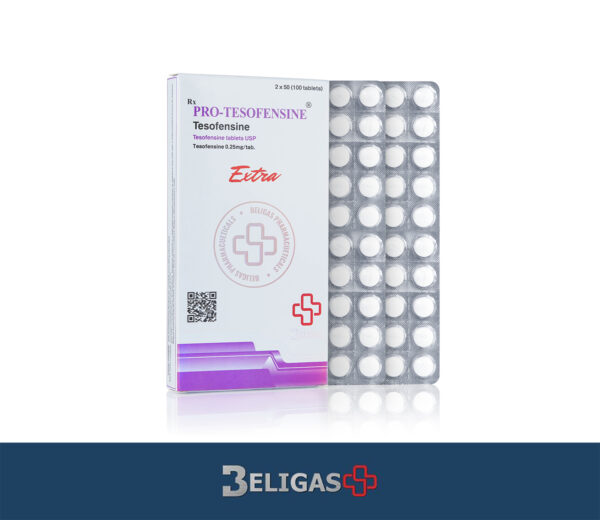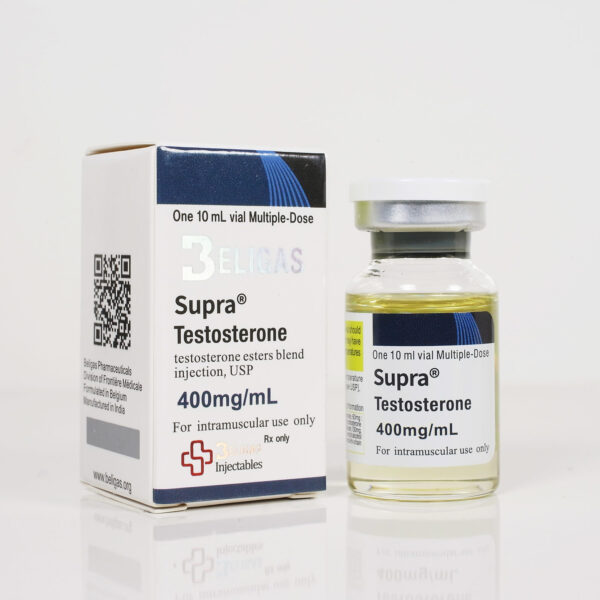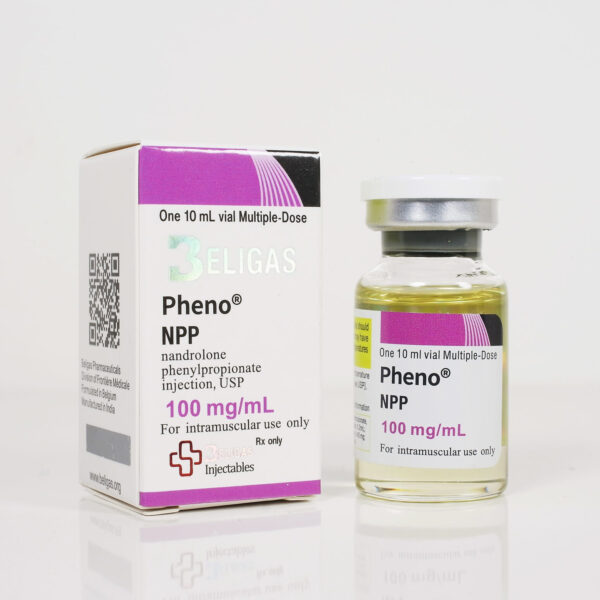

Tesofensine, 0.25mg (50 tabs)
$69.99
Active ingredient: Tesofensine
Composition: Every tablet contains 250mcg of tesofensine
Active life: 9 days
Detection time: 2 weeks

Tesofensine, 0.25mg (50 tabs)
$69.99
- Description
Description
What it is & how it works
- Tesofensine is a triple monoamine reuptake inhibitor — it blocks the reabsorption of three key neurotransmitters: norepinephrine (noradrenaline), dopamine, and serotonin.
- It was originally developed for conditions like Alzheimer’s and Parkinson’s disease, but weight loss emerged as a significant side effect in early trials, which shifted interest toward obesity/weight-loss use.
- The mechanisms by which it may reduce weight include:
- Appetite suppression (via central nervous system effects)
- Increased energy expenditure / metabolism (via increased noradrenergic stimulation and possibly increased fat oxidation)
- In animal studies, it suppressed feeding behaviour and reduced visceral fat deposits in obese rats.
🎯 What the clinical evidence shows
- In a Phase II trial (24 weeks) in obese adults (BMI 30-40 kg/m²) added to diet:
- Placebo + diet: ~2.0% mean weight loss.
- Tesofensine 0.25 mg: ~4.5% weight loss. 0.5 mg: ~9.2%. 1.0 mg: ~10.6%. All significantly greater than placebo.
- Some exploratory data suggest the weight-loss effect might be twice that of some older approved anti-obesity drugs.
- A recent review mentions appetite suppression and weight loss via the triple reuptake inhibition mechanism, but also notes cardiovascular effects (↑ heart rate, mild ↑ in BP) in human trials.
🔍 Potential benefits
- For people who struggle with obesity (especially diet-resistant), tesofensine may offer a stronger effect than many older medications.
- It addresses both appetite (making it easier to eat less) and possibly energy expenditure (helping burn more).
- Some sources suggest improvements in metabolic markers (e.g., insulin sensitivity, lipid profile) in the context of weight loss.
- As an oral medication (in trials) rather than an injectable, theoretically easier to administer (though still under research).
Usages & practical considerations
- Although trials used doses like 0.25 mg to 1.0 mg daily, any use must be physician-supervised — self-medication strongly discouraged.
- As with all weight-loss medications, the best results come when combined with lifestyle: diet, exercise, sleep, stress management. The medication helps, but is not a “magic bullet”.
- Monitoring is important: baseline and periodic checks of blood pressure, heart rate, mood/psychiatric status, sleep quality, and other metabolic markers.
- Duration of use: Some clinics mention use for 6-12 months or until plateau, but the optimal duration and when to stop or switch is not clearly established in large trials. (One extension showed benefit continuing to ~48 weeks in some research)
- Because of its mechanism, there may be interactions with other medications (especially those affecting neurotransmitters, blood pressure, heart rate) so medical review is vital.
📝 Summary
Tesofensine is a promising investigational tool for weight loss: it works via triple-neurotransmitter reuptake inhibition, has demonstrated meaningful weight loss vs placebo in trials, and offers both appetite suppression and potential increase in energy/oxidation. However, there are important caveats: cardiovascular effects, limited long-term safety data, and regulatory approval status may be lacking in many regions. It is not a standalone solution — lifestyle factors remain crucial — and must be used under proper medical supervision.
Related Products
-
Beligas Pharmaceutical, Injectable Steroids, Mix, USA Warehouse
Supra®- Testosterone 400mg/ml
(2 reviews)5.00 out of 5$134.09Original price was: $134.09.$89.99Current price is: $89.99. -
Ancillaries (USA), Arimidex, Beligas Pharmaceutical, Filthy Gainz, LTD, Oral Steroids, Oral Steroids and AI (USA), Orals, PCT, Top Rated, USA Warehouse
Arimidex® 1mg (50 Tabs)
0 out of 5$84.99Original price was: $84.99.$54.99Current price is: $54.99.








